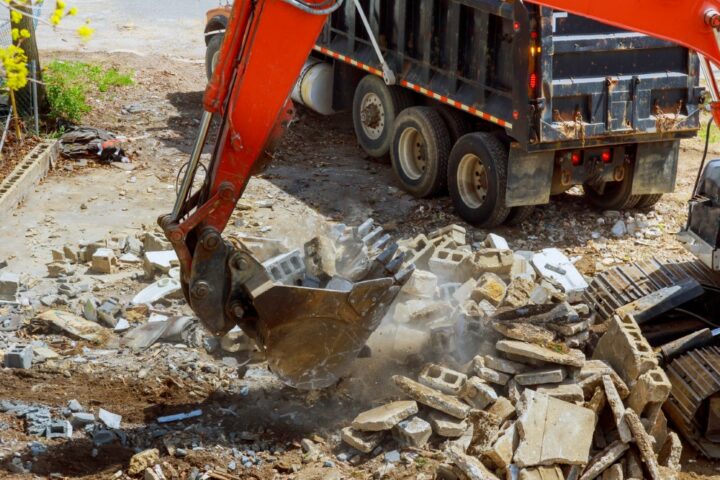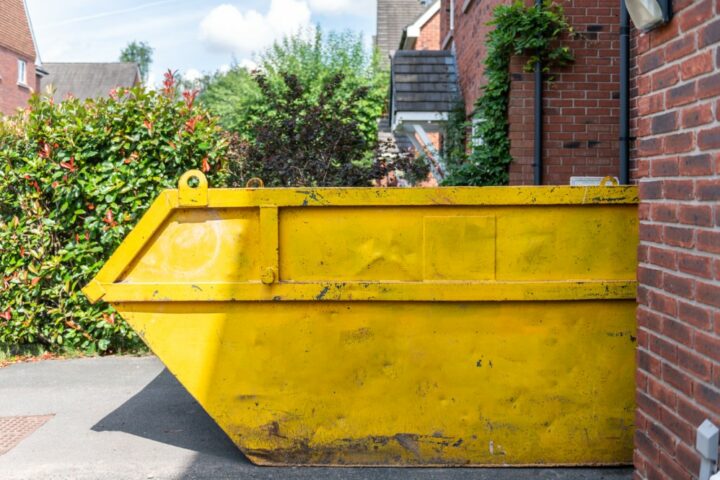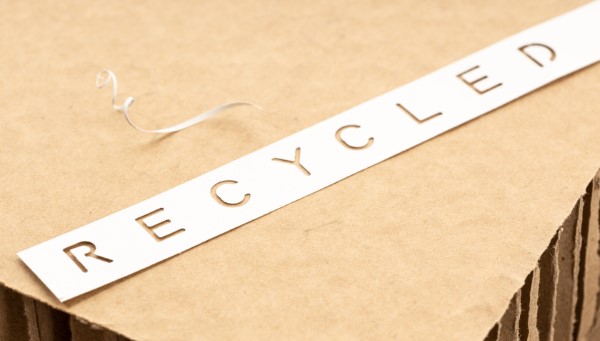The more technologically advanced and complex a product is, the more and different raw materials are required to manufacture it, and thus the proportion of raw material ends up in the final product. Everything that goes unsorted in our garbage can ends up in nature in some way. Waste is either incinerated or decomposed in landfills over time, releasing various types of material or decomposing almost nothing and accumulating in large quantities. Sorting and recycling are thus critical in preventing raw materials from becoming a pollutant.
What is recyclable?
The vast majority of what we use on a daily basis is recyclable. If there is one thing that cannot be recycled, it is chewing gum, a sponge, or disposable diapers. Wood, plastic, glass, and paper retain their properties even after we no longer use them, and metals can be recycled numerous times without losing their value. Paper is also excellent for recycling, but it can only be recycled four to seven times before losing quality.
Some of the products we use contain hazardous substances, and this class of substances and products is referred to as hazardous substances. It is simply illegal to bury or burn such items, so they must be sorted and returned for recycling. Batteries, oil paints, turpentine, tarless, medicines, and other items fall into this category.
How do I begin sorting?
There is no best way, but everyone should set up the facilities that are best for them and their home. We have a tendency to overcomplicate things, but it usually does not take much change in our homes to make room for sorting. This does not have to be more complicated than hanging a bag behind a door or inside a cupboard for the plastic and placing the paper in a box or reusable bag with a bottom. The same is true for other types of waste.
Let’s forget about the classification and just get started. We are making a huge mistake by burying all of these valuable raw materials. When we remove paper and plastic, for example, we immediately notice a significant reduction in the amount of waste that goes to landfills, and we feel much better knowing that we are contributing.
Municipalities handle waste management for their residents, so it’s worth looking into what services they provide. If we want the sorted waste picked up at our house, we can also purchase services from a private party. It is also very simple to simply dump our sorted waste at nearby or recycling centres, but there are only 80 of them in the capital area, making them easily accessible.
The Importance of Sorting and Recycling
In an age where technology continually evolves, the complexity of products we use daily increases exponentially. This complexity means that a diverse range of raw materials is necessary for manufacturing these products. Consequently, a significant proportion of these raw materials ends up in the final products we consume. The intricate nature of modern products underscores the importance of efficient sorting and recycling processes. Without proper sorting, these complex materials, often non-biodegradable, can end up as pollutants in nature.
When waste is not sorted, it typically ends up either being incinerated or decomposing in landfills. Incineration can release harmful materials into the atmosphere, while landfills are not always effective in breaking down waste. In many cases, waste materials accumulate over time, posing environmental hazards. Therefore, sorting and recycling are not just about waste management; they are crucial in preventing raw materials from becoming pollutants and contributing to environmental degradation.
Recyclability of Everyday Products
The good news is that the majority of materials we use daily are recyclable. Common materials like wood, plastic, glass, paper, and metals retain their properties post-use and can be recycled. For instance, metals can be recycled numerous times without losing their inherent value. Paper is also highly recyclable, though its quality may diminish after four to seven recycling cycles.
However, products containing hazardous substances present a unique challenge. These items, classified as hazardous waste, include batteries, oil paints, turpentine, and certain pharmaceuticals. The disposal of such materials requires careful handling; they must be sorted separately and returned for safe recycling, as it is illegal and harmful to the environment to bury or burn them.
Starting with Sorting at Home
Beginning the process of sorting at home doesn’t need to be complicated. Simple solutions like hanging a bag for plastic waste behind a door or using a box for paper can significantly facilitate the sorting process. The key is to customize the sorting system to fit one’s living space and habits. By removing recyclables like paper and plastic from our general waste, we not only reduce the volume of waste sent to landfills but also contribute positively to environmental conservation.
Waste Management in Municipalities and Businesses
Waste management is often handled by municipalities, which provide various services for residents, including waste collection and recycling facilities. For those looking to have sorted waste collected directly from their homes, private services are also available. Businesses, in particular, should consider hiring private parties for waste collection, as sorted waste collection is often more economical than general waste collection. Companies like Melton can provide specialized recycling bins, making it easier for businesses to participate in sustainable waste management practices.
Sorting recyclables correctly is crucial for effective recycling. Here’s a quick and simple guide to help you sort your recyclables properly:
- Paper and Cardboard
- Include: Newspapers, magazines, office paper, cardboard boxes, and egg cartons.
- Exclude: Soiled paper (like used napkins), wax-coated paper, and laminated paper.
- Plastics
- Include: Plastic bottles, containers, and jugs with recycling symbols 1 (PET) and 2 (HDPE).
- Exclude: Plastic bags, polystyrene foam (Styrofoam), and plastics without recycling symbols.
- Glass
- Include: Glass bottles and jars.
- Exclude: Broken glass, light bulbs, mirrors, and glass cookware.
- Metals
- Include: Aluminum cans, tin cans, and empty aerosol cans.
- Exclude: Scrap metal, batteries, and electronics.
- Electronics and Batteries
- Special Handling: These should not be mixed with other recyclables. Check for local electronic recycling programs or drop-off centers.
- Composting (Organic Waste)
- Include: Food scraps, yard waste, coffee grounds, and tea bags.
- Exclude: Meat, dairy products, and greasy food waste.
Why Sorting Waste Is So Important
Sorting waste effectively is pivotal for environmental conservation and efficient recycling processes. When waste is sorted correctly, it significantly enhances the quality and quantity of materials that can be recycled, reducing the strain on natural resources and minimizing landfill use. Proper sorting prevents contamination of recyclable materials, ensuring they can be processed and reused, thereby reducing the need for extracting raw materials and conserving energy. This practice not only helps in decreasing greenhouse gas emissions but also contributes to a cleaner and healthier environment. By reducing the volume of waste that ends up in landfills and incinerators, we also mitigate the release of harmful pollutants and greenhouse gases, playing a crucial role in combating climate change.
On a more personal level, sorting waste is an actionable step every individual can take towards sustainable living. It instills a sense of responsibility and awareness about our environmental impact and consumption habits. Sorting waste correctly is a simple yet effective way of contributing to a larger environmental cause, fostering a culture of sustainability and respect for our planet. It empowers individuals to make a positive impact in their communities, encouraging others to do the same and creating a collective effort towards a greener future. In essence, sorting waste is more than just a task; it is a meaningful contribution to preserving our environment for future generations.



